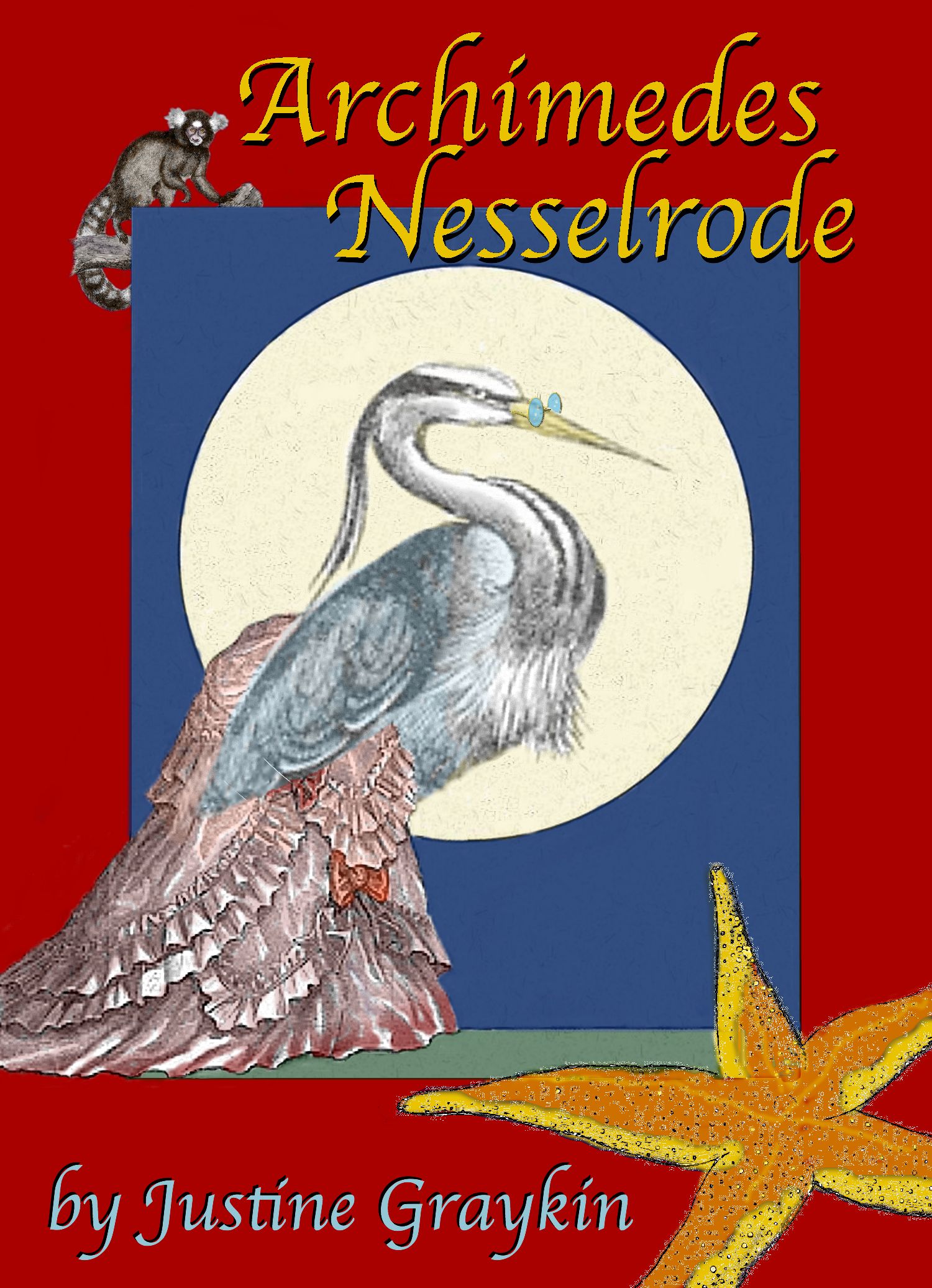No, I’m not jumping ahead. I mean right now. Solstice. The long cold night, after which the days begin to lengthen. The annual cycle of light begins again. It feels like a proper place to declare a New Year, not some arbitrary date based on a man-made calendar that has been fiddled with repeatedly over the years until its connection to any natural event has been completely lost.
Solstice this year is rather damp, brown and sad. Where I am, we normally have snow on the ground. The sun rising on Solstice morning sets the world sparkling with icy beauty. But the temps have been averaging well above freezing and all that has been falling, rather steadily, is rain.
Regardless of the weather, the Earth’s axis continues to tilt, and in the Northern Hemisphere, the ratio of daylight hours to night shifts in its predictable way. It’s the reason for the season since long before Christians imposed their holiday on it, to take advantage of the existing reverence folks have for this time of year, not to mention the festive mood.
And no, this isn’t going to turn into a rant against Christians or Christmas. Let them have their holiday and be very merry I hope. Why not? What harm does it do me to smile and return the greeting when they wish me a Merry Christmas? They had the season to themselves for so long, being the powerful majority in this country. And their holiday still dominates, despite all the others that fall during the month of December. It has grown to bloated, obscene proportions. If anyone is conducting a War on Christmas, it’s Big Retail.
But Christians always had the clout to put up their Nativity scenes in the town square without question, and even if they gave a condescending nod to their Jewish neighbors, they were still smugly secure in their primacy. Now they are being forced to acknowledge that not everyone cares about their holiday the way they do. They have been challenged in their primacy. They don’t like it. And believe it or not, I sympathize. Nobody enjoys having their world view challenged.
I don’t either. I am a firm believer in science and have no use for the supernatural. There is plenty of joy, wonder, and awesomeness in the world without having to resort to fairies, gods, angels, or any of the other assorted spiritual flotsam that folks like to believe in. So I get cranky when theists try to impose their world view on me.
So I think it best if we all agree to keep Christmas in our own ways. “But you don’t keep it,” I hear you object. Au contraire. How could I not, with the cultural pressure around me? I don’t get Solstice vacation. I get Christmas vacation. Christmas carols are played (ad nauseam) in every store. Sometimes I feel that Christmas is making war on me. But never mind. There is a secular aspect to the holiday that can be appreciated by anyone. And I don’t mean the materialism or overindulgence.
Look at it as a day to celebrate kindness, generosity, joy and delight. Use it as an excuse to open up your heart and give to others. You don’t have to be Christian to take a wish star and buy a poor child a gift. Compassion is something we all share regardless of religion or lack thereof. Christmas makes people happy, and happiness begets kindness. How can I possibly object to that?
So back to Solstice. My holiday. As the Light returns and a new year begins, let me resolve to be kinder and more tolerant. Let me practice humility, and remind myself that others’ beliefs do me no harm. Sometimes they may act on those beliefs in ways that are harmful, and I can condemn those actions. I am entitled to defend myself and others from what they might do. When they preach hate and advocate intolerance, I can speak against their words. But their beliefs are none of my business. And my beliefs are none of theirs.
I have been guilty in the past of atheistic evangelism. I have come to think this is just as obnoxious as religious evangelism. Yes, I think my beliefs are closer to the truth, or else why would I hold them? Do I think theists are misguided? Yes, I think they probably are. By the same token, they likely feel the same way about me. We aren’t either one of us going to convince the other, and it makes no sense to try. All it does is create animosity and resentment when we attack each others’ beliefs.
Let us go into the new year resolved to figure out a way to live in peace, striving not to belittle each other for our beliefs. Let us judge one another on speech and actions alone, and only object when we see harm being done. Then let us talk about that.
Bring on the Light. Happy New Year. And, what the heck, Merry Christmas.




















